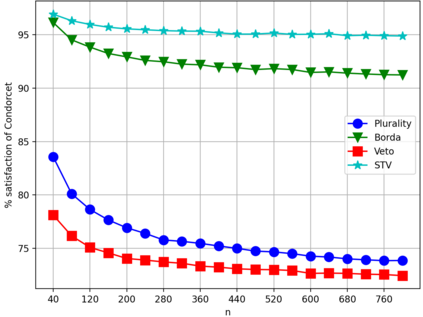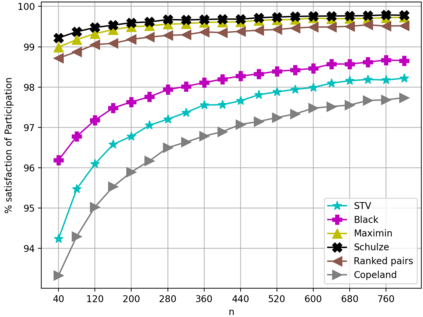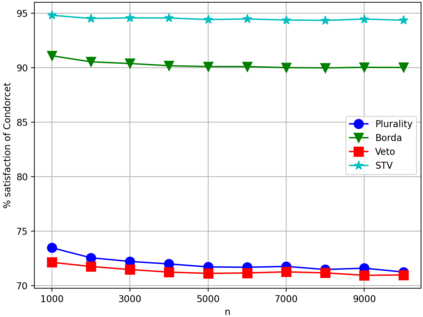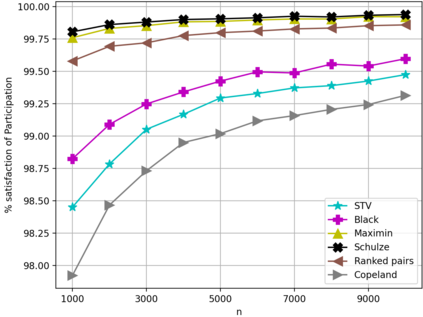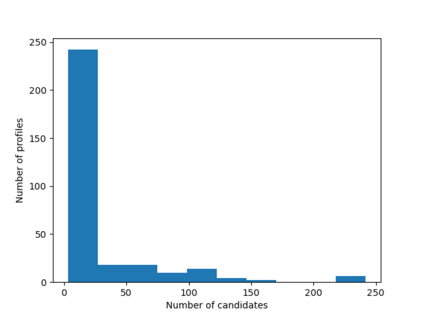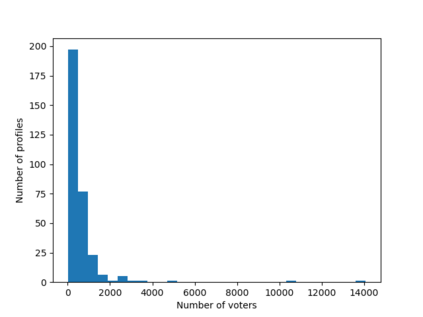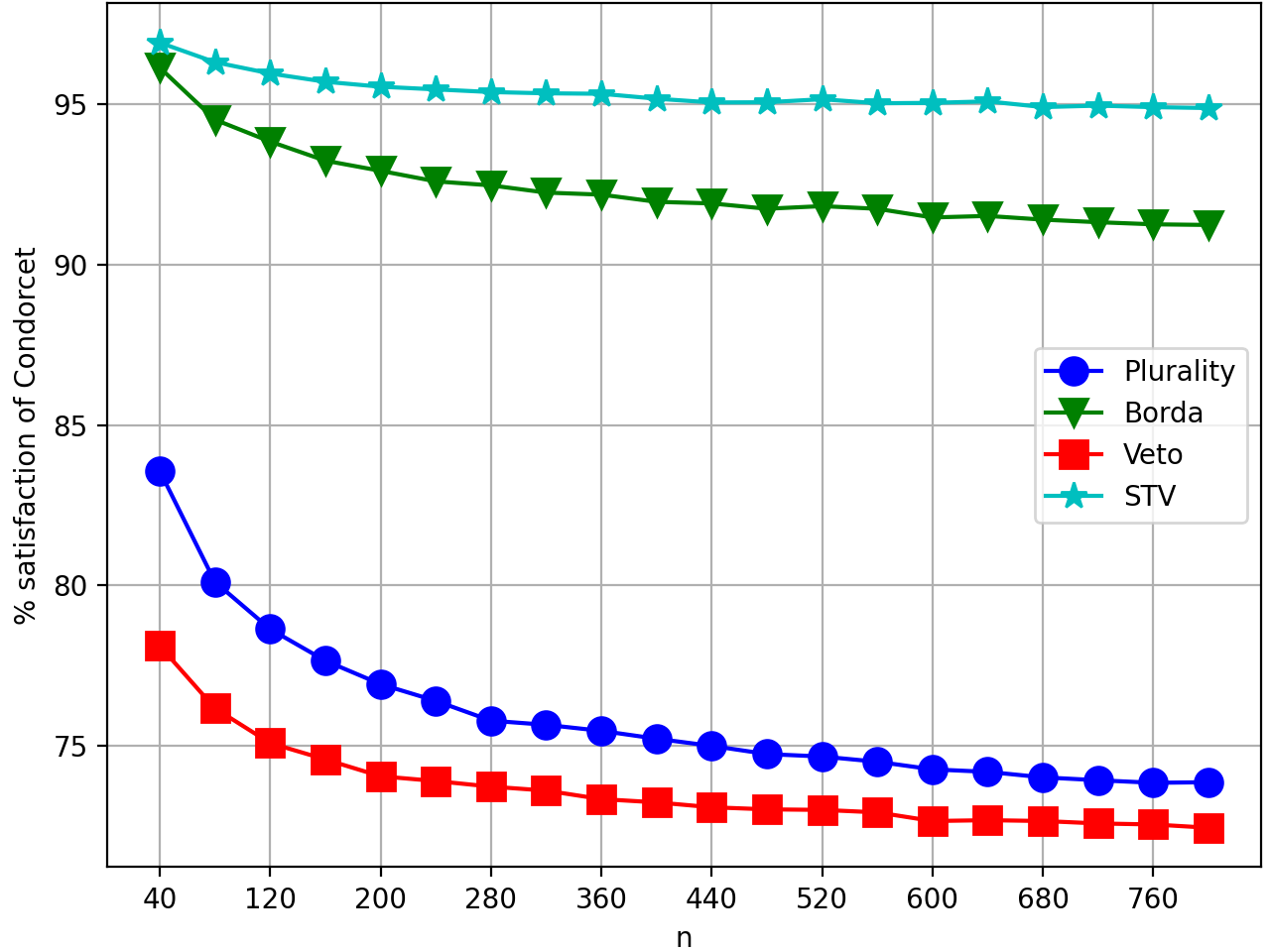We initiate the work towards a comprehensive picture of the smoothed satisfaction of voting axioms, to provide a finer and more realistic foundation for comparing voting rules. We adopt the smoothed social choice framework, where an adversary chooses arbitrarily correlated "ground truth" preferences for the agents, on top of which random noises are added. We focus on characterizing the smoothed satisfaction of two well-studied voting axioms: Condorcet criterion and participation. We prove that for any fixed number of alternatives, when the number of voters $n$ is sufficiently large, the smoothed satisfaction of the Condorcet criterion under a wide range of voting rules is $1$, $1-\exp(-\Theta(n))$, $\Theta(n^{-0.5})$, $ \exp(-\Theta(n))$, or being $\Theta(1)$ and $1-\Theta(1)$ at the same time; and the smoothed satisfaction of participation is $1-\Theta(n^{-0.5})$. Our results address open questions by Berg and Lepelley in 1994 for these rules, and also confirm the following high-level message: the Condorcet criterion is a bigger concern than participation under realistic models.
翻译:我们着手全面了解表决法的顺利满意度,为比较投票规则提供一个更精细、更现实的基础。我们采用平滑的社会选择框架,让对手任意选择代理人的“地面真相”偏好,并增加随机噪音。我们着重说明两个经过认真研究的投票法的顺利满意度: Condorcet 标准和参与。我们证明,对于任何固定数量的替代方案,如果选民人数足够多,那么,在相当大范围内的投票规则下,Condorcet标准的顺利满意度是1美元、1美元-ex(-theta(n))美元、1美元/theta(n)-0.5})美元、1美元/ex(-theta(n))美元、1美元/theta(n)美元),或在同一时间是$\theta(1)美元和1\Theta(1)美元。我们证明,对于参与的顺利满意度为1美元/Theta(n)-0.5美元。1994年Berg和Lepelley在一系列投票规则下对结果的公开回答是比标准更高的关切。

